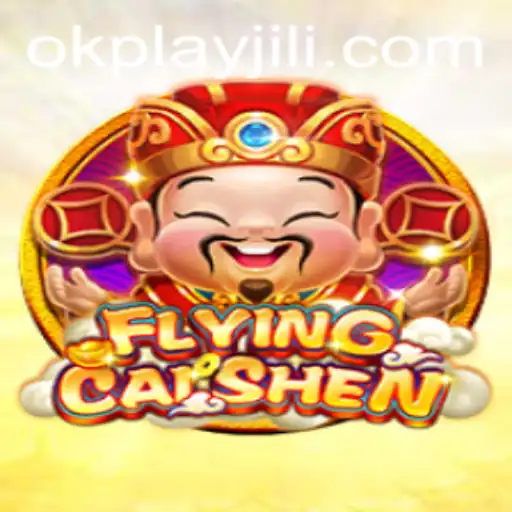FormosaBear: The Game Revolutionizing Board Play
In the vast and evolving realm of board games, FormosaBear has emerged as an innovative and culturally resonant choice for gamers around the world. Created by the renowned board game producer Okplay, FormosaBear takes players on an intriguing journey that blends strategic gameplay with a rich thematic backdrop inspired by current global affairs and historical elements.
The Creation and Introduction of FormosaBear
FormosaBear is not just another board game; it is a depiction of creativity meeting culture. Developed by Okplay, a company known for producing engaging and thought-provoking games, FormosaBear draws inspiration from the lush landscapes and the vibrant heritage of Taiwan, known historically as Formosa. The game was conceptualized to highlight ecological diversity, cultural richness, and the pressing environmental issues faced today. It allows players to step into the shoes of a Formosan Black Bear, exploring territories, facing challenges, and working collaboratively while competing for resources.
Released amid rising global discussions about climate change and conservation efforts, FormosaBear caught the attention of both game enthusiasts and environmentalists. It provides players not only with entertainment but also with educational insights into the importance of preserving natural habitats and understanding ecological interdependence.
Game Rules and Mechanics
FormosaBear is designed for two to four players, aged 10 and above, and it offers an average play time of around 60 to 90 minutes. The game board beautifully represents diversified landscapes that form the bears' habitats: mountains, rivers, forests, and human settlements. Each player assumes the role of a Formosan Black Bear, aiming to navigate through varied terrains.
The game is powered by strategic decision-making and resource management. Players must collect and manage paw cards, which are central to influencing gameplay. These cards represent different capabilities such as strength, intelligence, and speed, which can be enhanced as the game progresses. Strategic use of these cards can determine the winners and losers in battles over territories.
The ultimate objective in FormosaBear is to acquire the most territory while ensuring the sustainability of the environment, a reflection of current dialogues around balancing development with ecological preservation. Players must not only outmaneuver each other but also keep in mind the ecological balance, making collaborative decisions which echo real-world climate challenges.
Current Events Shaping the Game’s Themes
FormosaBear resonates with the present generation's increasing interest in themes of environmental conservation and community responsibility. As climate change occupies headlines worldwide, the game prompts players to reflect on the impact of their actions not just within the game, but on a broader societal level.
Recent global climate strikes, initiatives like the Paris Climate Accord, and diplomatic discussions on sustainability have heightened awareness around the globe. FormosaBear serves as an engaging medium through which these complex issues can be explored and understood better by people of all ages. Players can thus relate directly to current events and explore the ramifications of human actions on wildlife and habitats.
Moreover, the game covers aspects of cultural heritage by integrating Taiwan's indigenous stories and symbols within its narrative. The Formosan Black Bear, endangered and culturally significant, becomes a figure of resilience and adaptability, inspiring players to delve into historical narratives and contemporary challenges encountered by indigenous communities.
The FormosaBear Experience: More Than Just a Game
Okplay’s success with FormosaBear reinforces the role of board games as powerful tools for education, awareness, and community building. By instilling a sense of responsibility and reinforcing the interconnectedness of human societies and nature, it offers a unique and compelling experience that extends beyond traditional gameplay.







